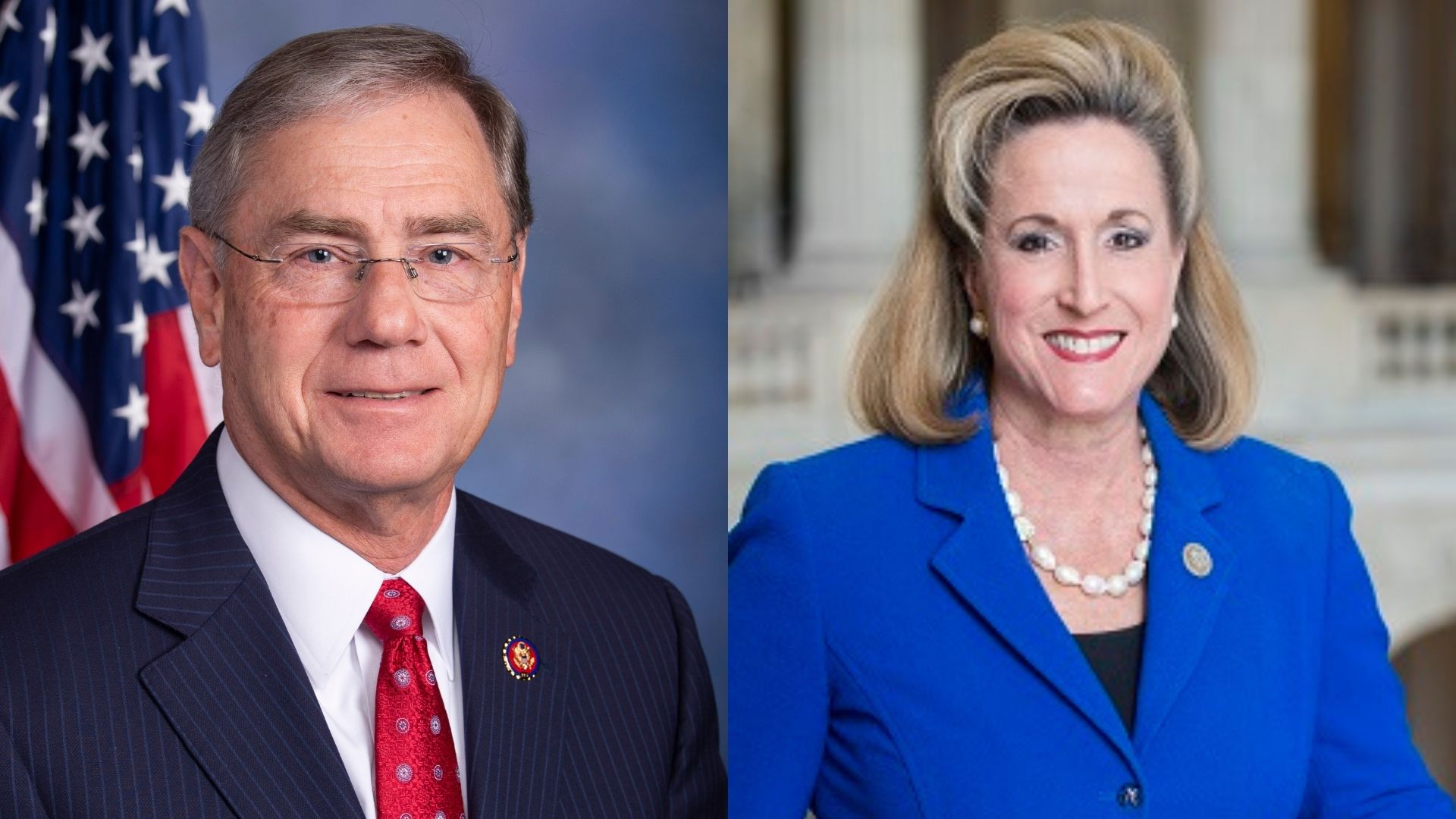As the fate of the Spire STL Pipeline hangs in the balance, members of Missouri’s congressional delegation advocated for the pipeline’s continued service in the St. Louis region.
Congressman Blaine Luetkemeyer and Congresswoman Ann Wagner penned a letter to Federal Energy Regulatory Commission (FERC) Chairman Richard Glick this week, calling on the commission to approve Spire’s application to continue operations as winter approaches. The duo pointed to February’s winter storms, which led to increased prices and strain on the grid. Luetkemeyer and Wagner warned the St. Louis region would face devastating consequences in similar situations if the pipeline were shut down — an argument Spire has made as well.
“Shutting down the Spire STL Pipeline would have a devastating effect on the local communities in and surrounding St. Louis during the cold winter months,” the pair said. “In February of 2021, severe winter storms led to massive natural gas supply disruptions, historic spikes in the cost of natural gas, and widespread service outages throughout the United States. These winter storms proved how critical it is to have a robust and diverse natural gas supply to uphold citizen safety and keep Missourians warm.”
 Loading...
Loading...
FERC granted the project a certificate of convenience and necessity (CCN) in 2018, giving the green light for the construction and operation of the 65-mile interstate pipeline. The Environmental Defense Fund (EDF) sued FERC, Spire, and the pipeline the following year, arguing the commission failed to prove the pipeline’s benefits would outweigh any adverse effects before granting its approval.
Three judges on the federal appellate court vacated the approval in June and remanded the issue back to FERC.
Spire filed for an emergency certificate to keep the pipeline in operation while FERC decides its fate, a request also backed by Missouri’s Public Service Commission. A spokesman for Spire said FERC had yet to take action on the request, noting the latest application was an attempt to examine a legal option while continuing to pursue regulatory approval.
If taken offline, the project would leave 175,000-400,000 customers in the region without service, with a gap lasting up to 100 days before another source is connected, Spire Missouri President Scott Carter previously told The Missouri Times.
EDF responded to Spire’s request earlier this month, urging FERC to deny the application over “serious deficiencies.”
“FERC must carefully evaluate Spire’s extraordinary request and protect ratepayers, landowners, and local communities impacted by the unlawful pipeline,” Natalie Karas, senior director and lead counsel for energy markets and utility regulation at EDF, said earlier this month. “Left unchecked, Spire stands to profit from a problem of its own making.”
Glick voted against the project’s approval in 2018. He presented a similar argument to EDF’s at the time, calling the project an “effort to enrich Spire’s corporate parent rather than a needed piece of energy infrastructure.”

Cameron Gerber studied journalism at Lincoln University. Prior to Lincoln, he earned an associate’s degree from State Fair Community College. Cameron is a native of Eldon, Missouri.
Contact Cameron at cameron@themissouritimes.com.






















